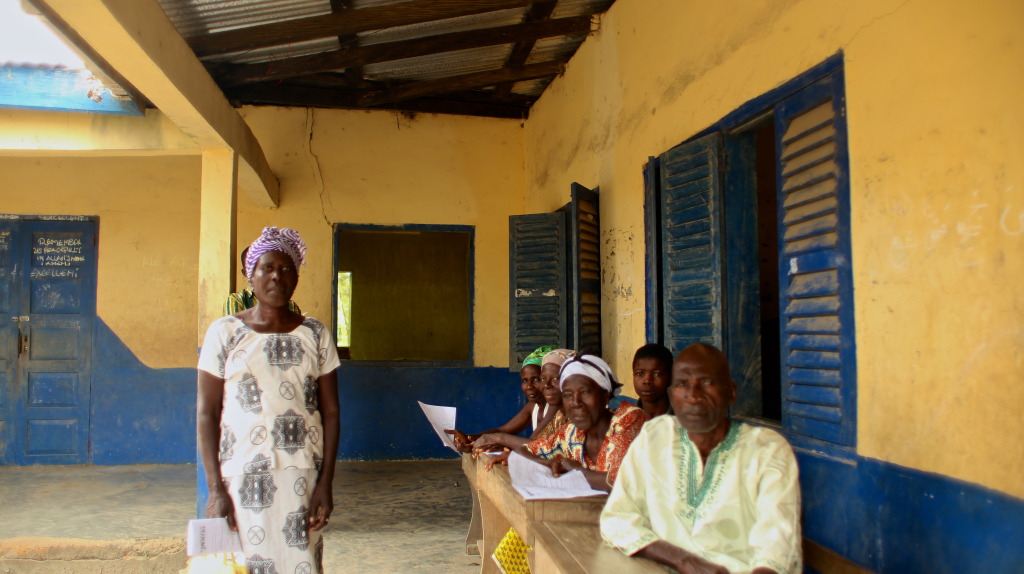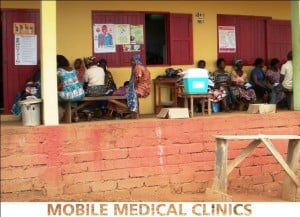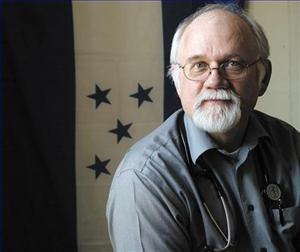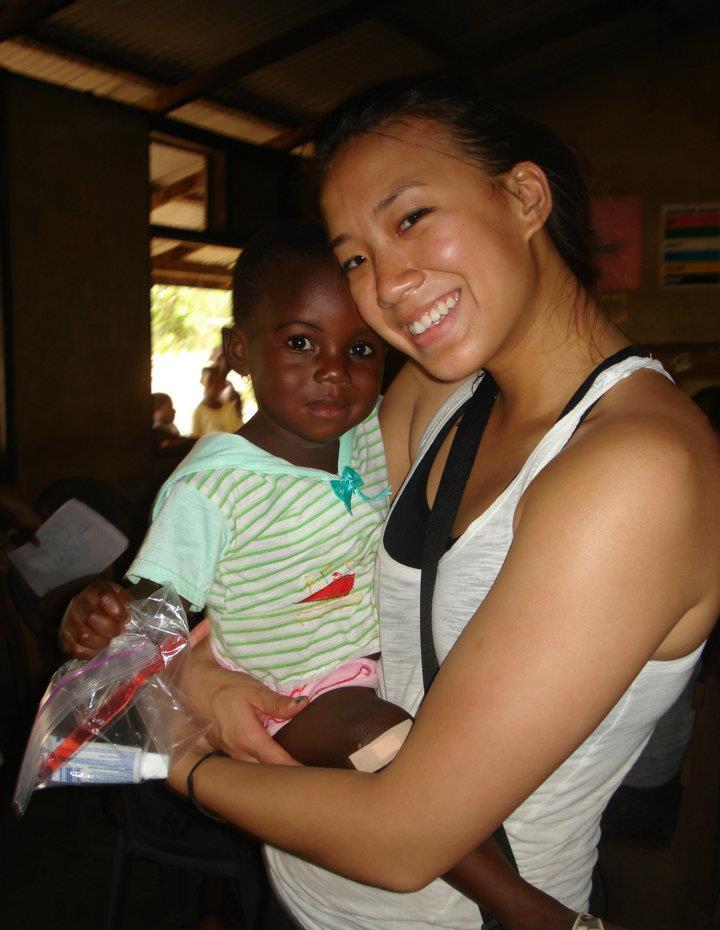By Leanna Ehrlich
Global Brigades has expanded a great deal in the past decade, but Medical Brigades remain a foundational aspect of the organization. GB now has thousands of volunteers each year, including those who work in eight additional areas of development work. However, providing medical services to rural communities without reliable health care access remains a central focus.
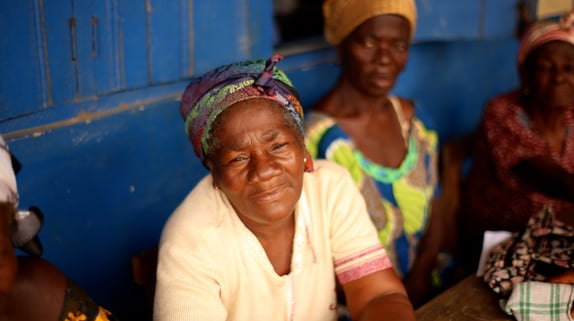
Global Brigades has had to temporarily suspend student brigades to Ghana, but we will sustain Medical Brigades by increasing funding for Community Health Volunteers (CHVs). Depending on funding, Global Brigades can train up to 120 CHVs in Ekumfi District who will go on to work in our original 15 communities.
Contribute to the CHV program here
A Community Health Volunteer provides preventative education and makes personal visits to community members. In Ghana, Global Brigades will use our own CHV training manual but operate within the government-operated CHPS (Community Based Health Planning and Services) infrastructure, in order to monitor and collect statistics about community health. By tapping into local government-operated health structures, Global Brigades aims to make comprehensive health care sustainable in the absence of student brigade groups, and to collect accurate health statistics about the communities where we work.
100 percent of medical funding for Global Day for Ghana will go toward Community Health Volunteer training, materials, and follow-ups. The CHV training manual covers a wide array of health topics, from how to take vital signs and perform CPR, to information about nutrition, serious illnesses, mental health, and reproductive health. CHVs are encouraged to refer patients with pressing health issues to a hospital immediately, but the manual trains them to treat less serious issues like mild dehydration, diarrhea, and faintness.
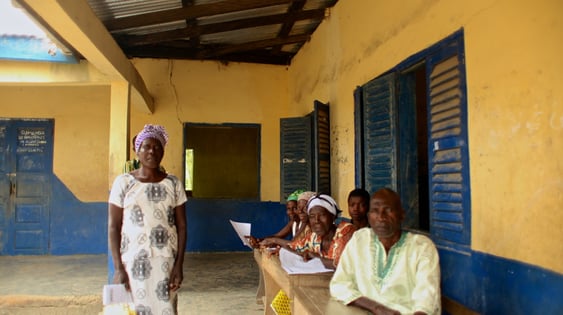
One of a CHV’s most important roles is to promote public health education about hygiene and sanitation. Preventative public health measures, including not letting livestock in the house, preventing open defecation, hand-washing, cooking and drinking clean water, and washing regularly, can stop most illnesses before they start. Brigaders are often responsible for running these educational workshops, so the increase in CHVs will fill the student volunteer gap while also providing personalized care to community members.

